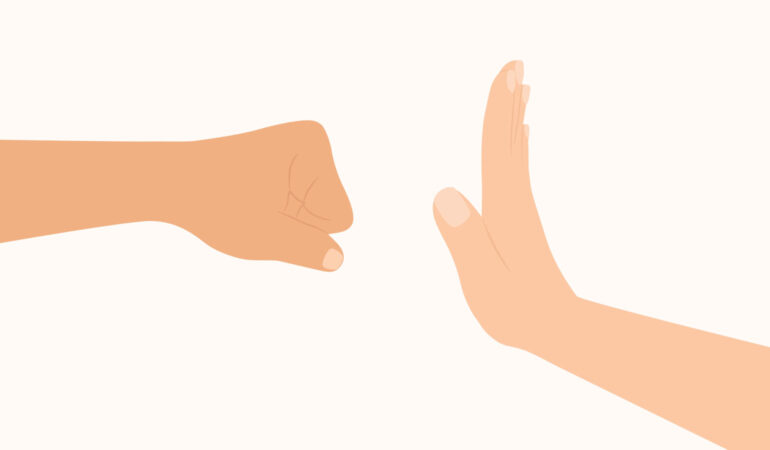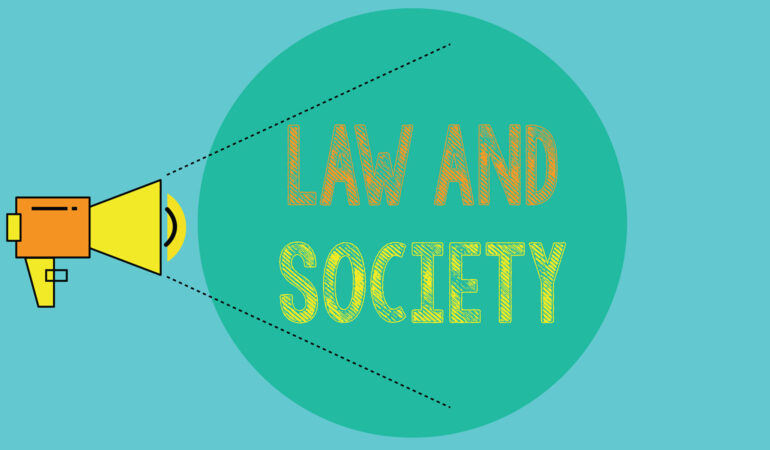July / August 2025 Volume 24, No. 4
In Case of Fire: How to Handle Accidentally Destroyed Healthcare Records
Your client files are stored in a lockbox in a locked room in the middle of your locked practice. Your notes go straight into the lockbox after this session. Nobody without authorization can lay eyes on the Protected Health Information (PHI) sequestered within. Then, while you're safe at home, a wildfire torches the office and [...]
Read MoreMay / June 2025 Volume 24, No. 3
Where are the Ethics of Ethical Non-Monogamy?
While often perceived as a modern and avant-garde practice, non-monogamy is far from new. Across cultures and throughout history—including religious texts, indigenous traditions, and communal arrangements—forms of non-monogamous relationships have long existed (Conley et al., 2013; Sheff, 2016). Historical records reference polygamous and polyamorous structures in early religious institutions, such as those found in biblical [...]
Read MoreMay / June 2024 Volume 23, No. 3
Revisiting Records: Guidance and Consideration on Best Practices
Record contents State Boards are often sparse on language defining what is required of clinicians for their clients’ records. They may not offer much in the way of guidance beyond the bare minimum of dates and types of service, and that’s because many of the record content requirements are often associated with the standard of [...]
Read MoreNovember / December 2023 Volume 22, No.6
Dangerous Patients and You—Terminating a Contentious Relationship
Treating dangerous patients who represent a risk to themselves or others can often trigger worrisome ethical issues—What constitutes a reportable danger? Does a specific person have to be threatened? How specific does the threat have to be? Who must be informed of the threat? These are common but complex issues that are frequently discussed in [...]
Read MoreSeptember / October 2023 Volume 22, No. 5
Reasonable Suspicion – Probable Cause – Preponderance of the Evidence – Beyond a Reasonable Doubt
There are many evidentiary standards that have different roles and requirements in our legal system. The one with which practitioners are most familiar is, of course, the one associated both with duty to warn requirements and mandatory reports of child abuse or neglect: a reasonable belief of imminent harm/ reasonable belief that child abuse has [...]
Read MoreNovember / December 2021 Volume 20, No. 6
Queer Therapists Practicing in Their Own Cultural Community: Proactive Ethical-Decision Making Suggestions
"If you are ever at the local drag show and you see me there, do not worry. I will not approach you and say hello. If you acknowledge me first, I will wave. I will not come up and start a conversation with you. This action is not me ignoring you, but it will allow [...]
Read MoreNovember / December 2021 Volume 20, No. 6
Navigating Client Generated Prejudice
In recent years, we have seen an increase in hate crimes and overt derogatory comments towards many cultural groups (Hassan, 2019). It would be naïve of us to think that oppressive language and behaviors do not enter the therapy room, as well. Therapists may hear derogatory statements about various groups that may or may not [...]
Read MoreNovember / December 2021 Volume 20, No. 6
Professional Competence and Integrity
How do you know if you’re a competent MFT? If you complete a graduate MFT degree and pass the AMFTRB National Exam, are you a professionally competent MFT? Do years of experience with client systems lead to improved therapeutic competence and better clinical outcomes? How do you know if you maintain high standards of professional [...]
Read MoreNovember / December 2021 Volume 20, No. 6
Family Therapy Ethics with Service Members, Veterans, and Their Families
The U.S. Department of Defense (DoD) is the largest employer in the world (World Economic Forum, 2019) thus it is highly likely that marriage and family therapists (MFTs), whether intentional or not, will have the opportunity to work with service members, veterans, and their families (SMVF) throughout their career. There are over 2.8 million military [...]
Read MoreNovember / December 2021 Volume 20, No. 6
The Solid Ground of Integrated Ethical Practice
Poet and writer Scott Woods (2014) says: The problem is that white people see racism as conscious hate, when racism is bigger than that. Racism is a complex system of social and political levers and pulleys set up generations ago to continue working on the behalf of whites at other people’s expense, whether whites know/like [...]
Read More- 1
- 2









